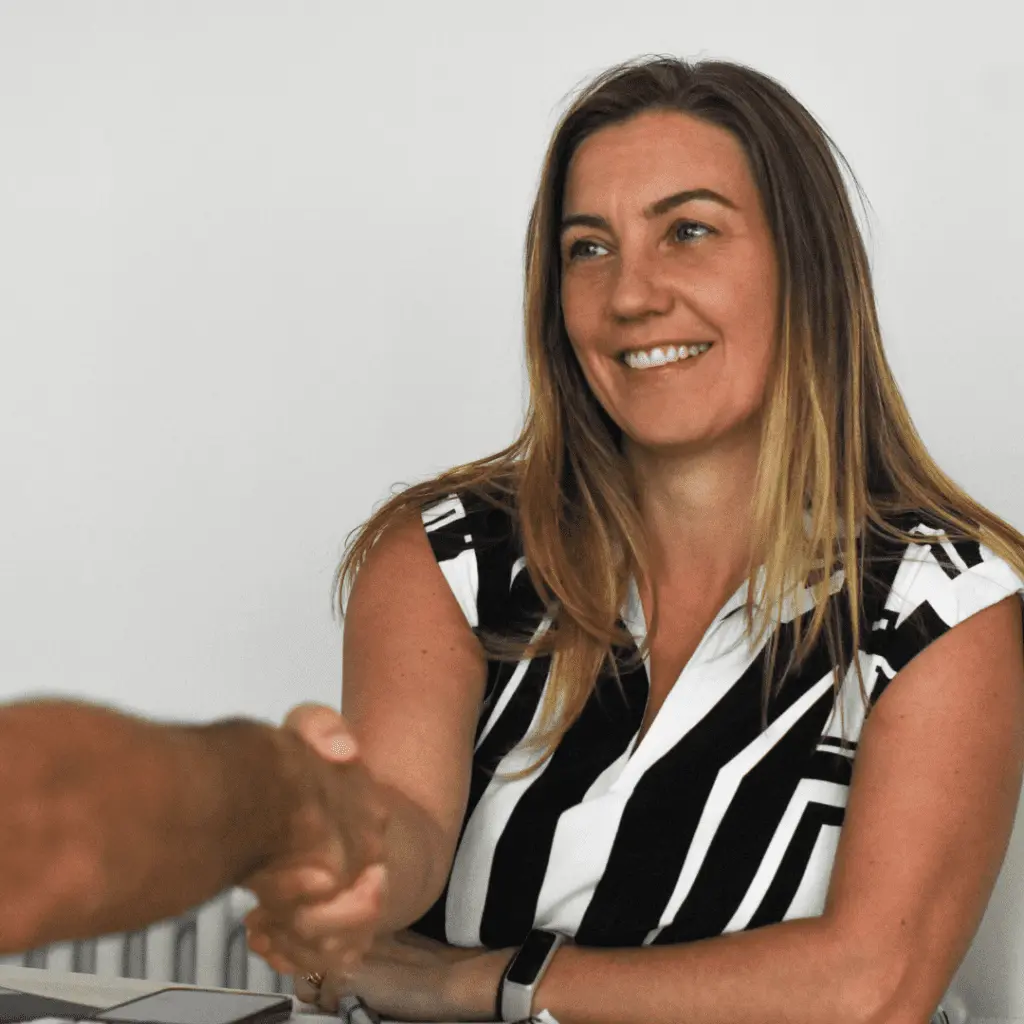First Time Buyers
Being a first time buyer can be very exciting, but also daunting at times. Contact us for a consultation to go through your first steps and your specific circumstances. If you’re not ready for that initial call, there are still a few things you can do to prepare for your first mortgage!
We love what we do.
First Time Buyers: Things you can do to prepare before the first call:
- 1. Check your credit score.
- 2. Be clear on what you earn.
- 3. Make a list of all your current outgoings.
- 4. Deposit
- 5. Look for properties!
Click here for a 30 day free trial from a third-party company.
Please be aware that after the initial free trial, subscription fees apply, so be sure to unsubscribe to avoid charges.
Hopefully there are no surprises in store here, but whatever you find, with our experience and understanding, Evergreen Mortgages can help you to know how to move forwards. Lenders can be more lenient than you might think, so it’s very important to get in touch! You can send us a copy of the report so we can help you to review any concerns you have.
Lenders use your pretax income to check affordability – this is your annual salary before your tax and national insurance deductions and not necessarily the figure on your P60.
Overtime, bonus and allowances can be included, but it’s important to provide a clear breakdown on your basic and these separate parts of your income. Lenders allow different percentages of these types of income to be used, based on whether they are guaranteed or variable.
Send us your payslips and we can help you to calculate this out. If you’re self-employed don’t forget to check our self-employed information here.
This could be car payments, loans, credit cards, mail orders or your mobile bill etc.
Consider your new expected bills: house, insurance and personal insurance, gas and electric, council tax, water, Internet connection, your food bills etc.
Finally, consider what you feel you can comfortably afford per month to pay towards your mortgage. Lenders assess affordability differently to this, but it’s very important that you feel comfortable with your new payments moving forward.
You need a minimum of 5% of the property value that you wish to buy as a deposit plus additional amounts to cover your fees such as your solicitor costs, any stamp duty fees, advisory fees, product fees, and valuations. To help get a clear breakdown of the costs involved and the deposit you need, please call.
Look online or with your local estate agents at properties in your area and the surrounding areas to give yourself an idea of the property values, so you know what homes are worth.
Click here for a 30 day free trial from a third-party company.
Please be aware that after the initial free trial, subscription fees apply, so be sure to unsubscribe to avoid charges.
Hopefully there are no surprises in store here, but whatever you find, with our experience and understanding, Evergreen Mortgages can help let you know how to move forward. Lenders can be more lenient than you might think, so it’s very important to get in touch! You can send us a copy of the report so we can help you to review any concerns you have.
Lenders use your pretax income to check affordability – this is your annual salary before your tax and national insurance deductions and not necessarily the figure on your P60.
Overtime, bonus and allowances can be included, but it’s important to provide a clear breakdown on your basic and these separate parts of your income. Lenders allow different percentages of these types of income to be used based on whether they are guaranteed or variable.
Send us your payslips and we can help you to calculate this out. If you’re self-employed don’t forget to check our self-employed information here.
This could be car payments, loans, credit cards, mail orders or your mobile bill etc.
Consider your new expected bills: house, insurance and personal insurance, gas and electric, council tax, water, Internet connection, your food bills etc.
Finally, consider what you feel you can comfortably afford per month to pay towards your mortgage. Lenders assess affordability differently to this, but it’s very important that you feel comfortable with your new payments moving forward.
You need a minimum of 5% of the property value that you wish to buy as a deposit plus additional amounts to cover your fees such as your solicitor costs, any stamp duty fees, advisory fees, product fees, and valuations. To help get a clear breakdown of the costs involved and the deposit you need, please call.
Look online or with your local estate agents at properties in your area and the surrounding areas to give yourself an idea of the property values, so you know what homes are worth.
What happens when I call?
Your initial conversation will normally take between 15 and 30 minutes, depending on how many questions you have about the process. We will run through a quick understanding of the five points above to give us an idea of how we can help you, and discuss the next steps with you. This includes what you may need to send, based on the information you give to us.


What documents do I need?
Generally, the documents that are needed are: proof of ID, proof of address, three months payslips and three months bank statements. For a full list and understanding click here for a more detailed breakdown. The documents you need to provide ultimately will depend on your personal circumstances.
FAQs
After any documents requested have been sent we should be able to provide you with a fully-costed mortgage recommendation. We will discuss this with you to make sure you understand and are clear on the costs and are happy with these. Provided you are happy to proceed, we will then approach lenders for your initial agreement in principle. This consists of a credit check.
Once you have a clear idea on your budget, have been agreed in principle by a lender for the mortgage amount needed, and you have the savings ready for the deposit. If you have these 3 things, you’re now in a strong position to put in an offer on a house. This is normally done via the estate agent, however, in Scotland the system is different and you put your offer in via your solicitor.
An AIP or DIP means the same thing. This is your initial agreement or decision in principle from the lender. This is where they check the information provided by yourself, along with your credit score to see if they can offer the mortgage that you would require.
The full mortgage offer is provided only after they have assessed all of your documentation and viewed the property that you wish to buy. This means that in order to do the full application and receive your mortgage offer, you must have had an offer accepted on a home and have a property that you wish to buy, to move onto this next stage. Once your binding mortgage offer is issued, the process is handed over to the solicitors to organise exchange and completion dates.
You should see the expiry date on your mortgage offer once it is issued. It varies from lender to lender, but it tends to be between three and six months. If you are buying a new build property some lenders provide an extended mortgage offer expiry date of up to 1 year. Lenders can potentially extend your mortgage offer if it becomes close to expiry, but this is case specific and lender specific, so to get in touch with us if you’re concerned about the need for an extension.
This depends on a number of things but often the chain is a big decider. The mortgage offer would normally take between two and six weeks depending on if your case is straightforward, or if you need a specialist lender. Getting a mortgage offer is only part of the process. The solicitors also have a fair amount of work to complete and you may find the person you’re buying a home from is waiting on their new home they wish to buy. Generally we see new home purchases take between three and six months to complete. It can be considerably shorter or longer if it’s a new build property, depending on what stage of build the development is at and when they are ready to hand over the property.
Lenders can still recheck your credit or income so it’s very important that you maintain your financial position. Do not be tempted with by now pay later, sofas or kitchen finance. Make sure that you have fully completed on your purchase and have the keys in hand before you make any changes to your financial position. This includes accepting new jobs or changing your car. Get in touch directly with your advisor before making any decisions of this nature whilst you wait for a mortgage offer to be issued or to complete on your new home.
To get a clear idea of the mortgage journey and the route to your new home click here to see our mortgage journey page.


